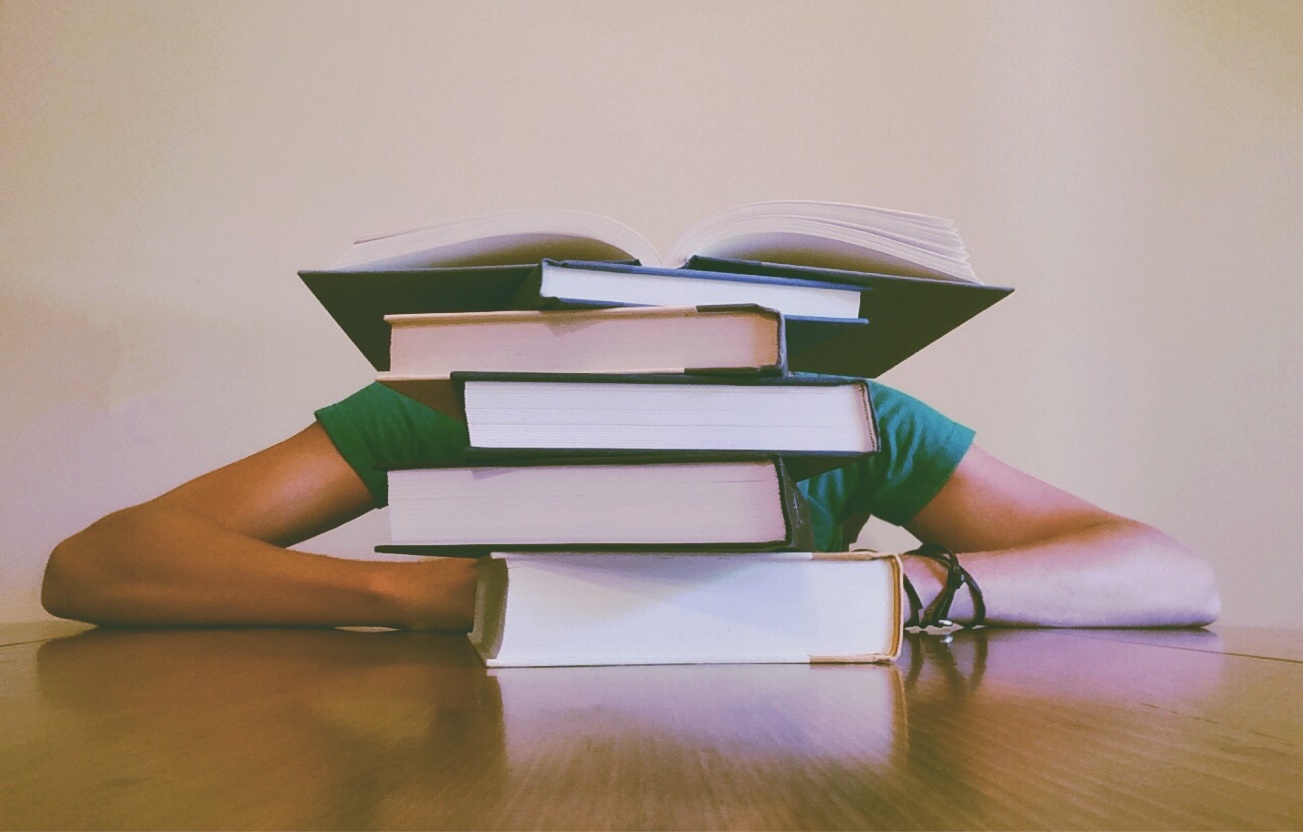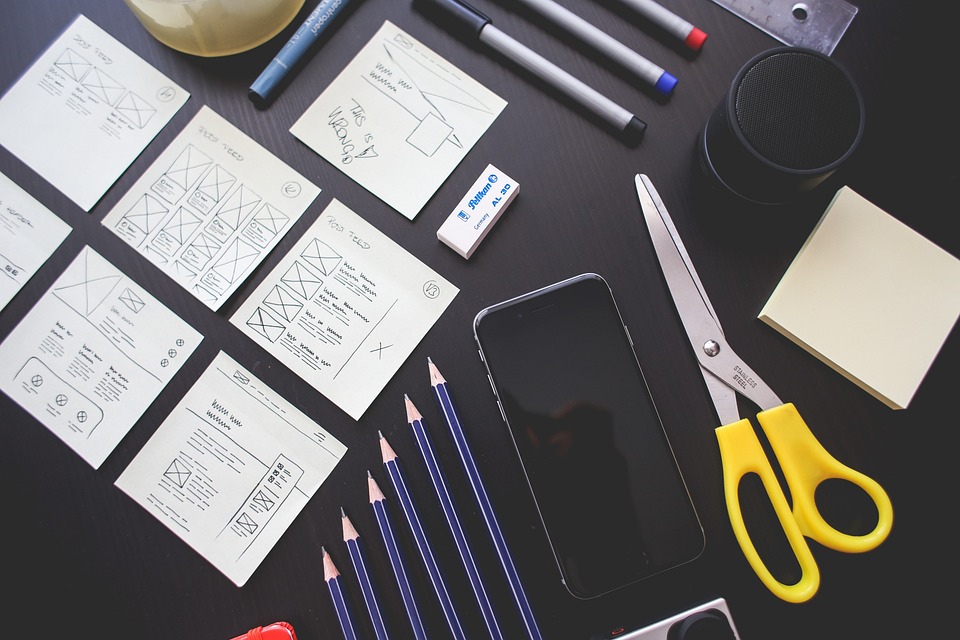Are you thinking of pursuing a Ph.D.? Exciting, right? Or maybe you have started on one already. How is your work-life balance? More work and less life? Either way, I am sure this has taken the joy off you achieving your dreams.
If that’s so, worry less. We are going to give you surefire ways to balance your work, life, and studies. You do not have to spend your research days in a daze because you are tired. We also know research is a long and tedious process, and therefore consider https://thesisgeek.com/phd.php for help you write up your research project.
So, now that you know where to get help, read on to find out more.
Find Out Your Peak Productivity Times.
Ever slumped over your desk figuring out how to proceed with your work, only to rush through so quickly and much later? Well, you might be forcing yourself to work when you are on a low productivity time. Everyone has those.
However, it will be more productive to work when you can and get in as much done. Then when you can’t, you can do other non-work related things, like going out, cooking, or indulging in a hobby.
Effectively Manage Time.
Another strategy is to identify time leakers and schedule them for when you are done with work. In fact, have a schedule for everything, maybe even an alarm clock for each item. This will help avoid missing deadlines or forgetting tasks and then doing something that’s not important instead. You will notice your days are more efficient and you will have time to focus on your life.
Have A Routine In Place.
Additionally, have a steady and possibly unchanging routine in place. The journey to getting a Ph.D. is bumpy and oftentimes with lots of upheavals. So Imagine if you are already struggling for time and a supervisor rejects one of your chapters. Stressful, right?
To avoid the anxiety of last-minute rushes and sleep deprivation, have a routine. This will make things easier as you would be able to deal with uncertainties.
Indulge In A Hobby.
Furthermore, one strategy for balancing work and life is switching off. Similar to switching off devices to rest, you can switch off from research and do something that doesn’t task your brain. If you don’t have one, experiment with many.
You can join a football team or a basketball team. Not too sporty? You can learn pottery or crochet. There is a myriad of things you can do. Pick some and take a breather from work.
Connect Regularly With Friends And Family.
This is another good strategy. Keep your circle of friends and family close. There is nothing as bad as slowly sinking under research work and being lonely at the same time. You will also have people who are willing to help out with some things such as cooking, cleaning, and running errands.
Friends will also remind you to take some time off work and get in some fun. And even more surprisingly, you can get a unique perspective from the people around you for your research topic. They can even form a part of your sample group, which reduces your workload.
So once in a while take time to visit your family or host friends and let them help you.
Investing In Your Well-Being.
And finally, you can find ways to invest in your well-being, both mental and physical. You can join a gym for the physical part. The mental, however, takes a little finesse. You can learn to journal your thoughts. Or you can get a therapist and talk to them. It will help you unwind from the stresses of your work and teach you ways you can balance your life.
Summing Up.
No doubt you were already feeling less excited about your Ph.D. Or you are yet to start and wanted to know how to balance it all. Hopefully, we have provided answers to that question. We also hope that it makes your Ph.D. journey a little less stressful and more fulfilling.


